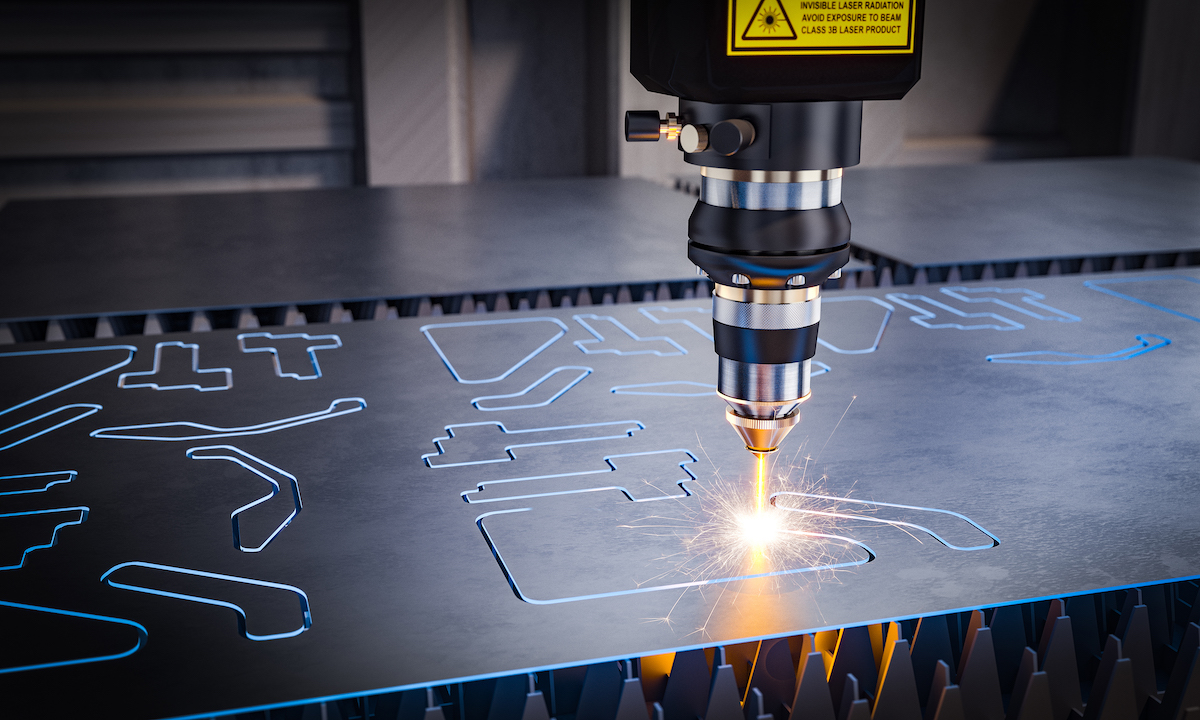Introduction
In today’s competitive manufacturing industry, quality CNC machining plays a crucial role in delivering precision-engineered components with high efficiency. Computer Numerical Control (CNC) machining has revolutionized the production of complex parts across various industries, including aerospace, automotive, medical, and electronics. With its ability to produce high-precision components with tight tolerances, CNC machining has become an indispensable part of modern manufacturing.
What is CNC Machining?
CNC machining is a manufacturing process that uses computerized controls and machine tools to remove material from a workpiece to create a desired shape. Unlike manual machining, where an operator directly controls the tools, CNC machining relies on pre-programmed software to automate the process, ensuring accuracy and consistency.
There are various types of CNC machines, including:
- CNC Milling Machines – Used for cutting and drilling with rotating tools.
- CNC Lathes – Ideal for producing cylindrical parts by rotating the workpiece.
- CNC Plasma Cutters – Used to cut metal and other materials with a plasma torch.
- CNC Laser Cutters – Provide high-precision cutting using a laser beam.
- CNC Electrical Discharge Machines (EDM) – Used to shape hard materials with electrical discharges.
The Importance of Quality in CNC Machining
The term quality CNC machining refers to the production of components that meet strict specifications with minimal deviations. High-quality CNC machining ensures:
- Precision and Accuracy – Reducing errors and maintaining tight tolerances.
- Consistency – Producing identical parts in large quantities.
- Efficiency – Reducing material waste and minimizing production time.
- Durability – Enhancing the longevity of components used in critical applications.
Key Factors in Achieving Quality CNC Machining
To achieve top-notch CNC machining quality, manufacturers must focus on several key factors:
1. High-Quality Raw Materials
The quality of the raw materials used directly impacts the finished product. Choosing the right materials, such as aluminum, stainless steel, titanium, or high-grade plastics, ensures durability and performance.
2. Advanced CNC Machines and Technology
Investing in modern CNC machines with high-speed spindles, multi-axis capabilities, and automated features enhances precision and productivity. The latest software and CAD/CAM integration further streamline the machining process.
3. Skilled Machinists and Engineers
While CNC machines are automated, skilled machinists play a vital role in programming, setup, and quality control. Experienced professionals ensure that machines operate at optimal performance levels.
4. Rigorous Quality Control Measures
Implementing stringent quality control measures such as Coordinate Measuring Machines (CMMs), laser scanners, and real-time monitoring systems helps detect defects early and maintain high standards.
5. Proper Machine Maintenance
Regular maintenance and calibration of CNC machines prevent wear and tear, ensuring consistent performance and prolonging machine lifespan.
6. Efficient Tooling and Cutting Parameters
Selecting the right cutting tools, speeds, and feeds reduces tool wear, improves surface finish, and enhances production efficiency.
Benefits of Quality CNC Machining
High-quality CNC machining offers numerous advantages to manufacturers and end-users:
1. Increased Productivity
Automation and precision reduce cycle times, allowing for faster production of components.
2. Cost-Effectiveness
Although CNC machines require an initial investment, they significantly reduce labor costs, material waste, and rework, making production more economical in the long run.
3. Enhanced Customization
CNC machining allows for easy modifications and rapid prototyping, making it ideal for customized and complex parts.
4. Superior Surface Finish
High-precision machining results in smooth, high-quality surface finishes, reducing the need for additional polishing or finishing processes.
5. Versatility Across Industries
From aerospace components to medical implants, CNC machining is used in various sectors that demand high precision and reliability.
Industries that Rely on Quality CNC Machining
Quality CNC machining is indispensable in multiple industries:
1. Aerospace Industry
CNC machining ensures high-precision components like turbine blades, engine parts, and landing gear components meet strict aerospace standards.
2. Automotive Industry
Manufacturers use CNC machining for engine blocks, transmission components, and custom parts to enhance vehicle performance and durability.
3. Medical Industry
Precision is crucial for producing medical implants, surgical instruments, and prosthetic devices, making CNC machining essential in healthcare manufacturing.
4. Electronics Industry
CNC machining aids in creating intricate components like circuit boards, connectors, and enclosures for electronic devices.
5. Defense and Military
Military applications require high-strength and high-precision components, from weaponry to defense systems, making CNC machining a reliable choice.
Future Trends in CNC Machining
As technology advances, CNC machining continues to evolve. Some emerging trends include:
1. Smart Manufacturing and Industry 4.0
The integration of IoT, AI, and real-time data analytics in CNC machining enhances automation, predictive maintenance, and process optimization.
2. 5-Axis Machining
5-axis CNC machines enable complex part manufacturing with fewer setups, improving efficiency and accuracy.
3. Additive Manufacturing Integration
Combining CNC machining with 3D printing (hybrid manufacturing) allows for greater design flexibility and cost savings.
4. Eco-Friendly Manufacturing
Sustainable machining practices, such as energy-efficient machines and recyclable materials, contribute to a greener future.
Choosing the Right CNC Machining Partner
Selecting a reputable CNC machining service provider is essential for achieving high-quality results. When choosing a partner, consider the following:
- Experience and Expertise – Look for a company with a proven track record in CNC machining.
- Certifications and Quality Standards – Ensure they comply with industry standards such as ISO 9001 or AS9100.
- Advanced Machinery and Technology – Modern equipment and software ensure precision and efficiency.
- Customer Reviews and Testimonials – Positive feedback from previous clients indicates reliability and quality service.
Conclusion
Quality CNC machining is the backbone of modern manufacturing, providing precision, efficiency, and reliability across various industries. With advancements in technology and a commitment to quality, CNC machining continues to play a vital role in producing high-performance components. Whether for aerospace, automotive, medical, or electronics, investing in top-tier CNC machining ensures superior products and long-term success in the manufacturing industry.
